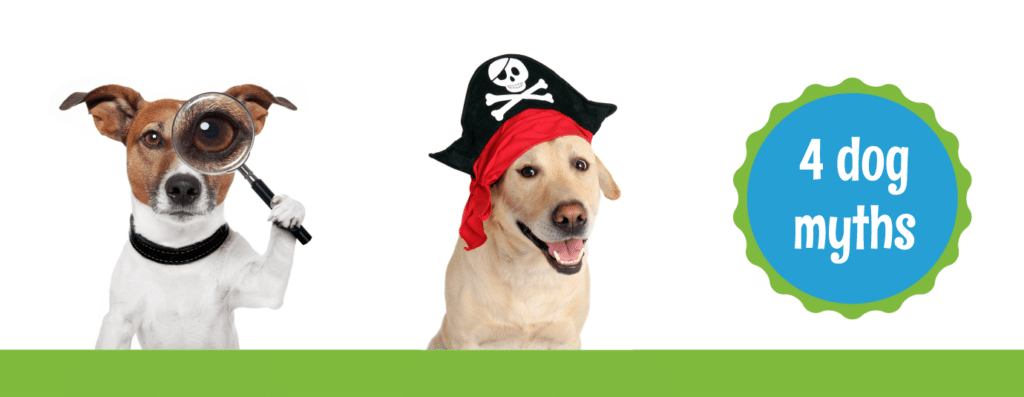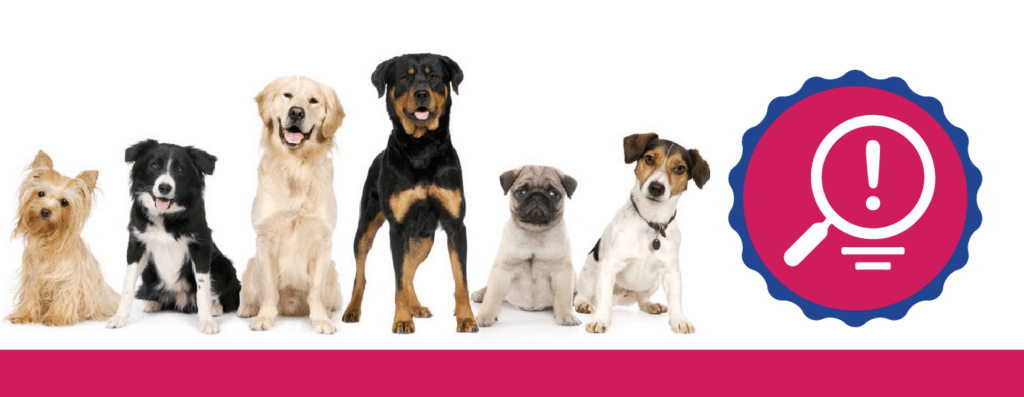Whether you’re actively trying to train your dog better or you’re just starting because you noticed some things were getting a little bit out of hand, you might notice that you’re struggling with getting the results you want. Dog training can be easy, but a lot of the time it’s not, which is why many pet parents actually neglect to teach their dogs much of anything. In fact, you may be surprised to find that small dogs are more likely to not be trained in even the simplest commands than larger dogs. Many professionals assume this is because they are expected (by their pet parents) to be carried in their arms or a bag all day, every day, so they assume they don’t need to be trained—however lack of training in a dog of any size can create problems for a lifetime.
 1. Treating Your Dog Like They’re a Human or a Wolf
1. Treating Your Dog Like They’re a Human or a Wolf
As difficult as it may be, when you approach dog training, it’s important to remember that your dog is not human. Not just during dog training, but throughout your interactions, you should remember that your dog doesn’t communicate the same way you or any other person does. When your dog is fearful, a soft cooing voice is often not what will help. Dogs communicate mainly through energy and emotion. When you are happy, your dog is more likely to be happy. When you are angry, your dog is more likely to be angry.
Not only do dogs communicate differently, but they don’t understand things the same way we do. When you’re teaching your dog the rules, it’s important to remember that they might not remember the first time around. They also won’t feel unimaginable guilt or shame if they break the rules. When you approach dog training, you have to do it on their level without the expectations that they will follow human codes of conduct or wolf codes of conduct when it comes to pack order.
2. Little Too Late
When a dog misbehaves, it’s often that pet parents think of stopping or disciplining the behavior in the near future, but not immediately. The problem with that is that dogs associate behaviors with the immediate consequences: good or bad. If you plan to reward your dog for doing something good, it has to be immediately or they will associate the gift you just gave them with the wrong action. By the same token, if you’re taking something away from your dog, you must remember any negative consequences from an action will be associated with the most immediate thing that they were involved in. If you wait, it’s not worth doing anything or else you risk sending the wrong message.
3. Discipline Doesn’t Really Work
While you can send your child to the corner or their room to think about what they’ve done, that won’t really work for a dog. You can’t spank a dog and see the changes you want in dog training. You can’t put a dog in their crate for discipline. Dog professionals actually support positive reinforcement in almost every way. You don’t want to make your dog resent you through mistreating them. Studies have also proven that dogs are more likely to repeat behaviors that bring them rewards than to avoid behaviors that hurt them. Simply rewarding the good behavior opposite of the bad is a far better way to cease poor dog behaviors than any form of punishment.




